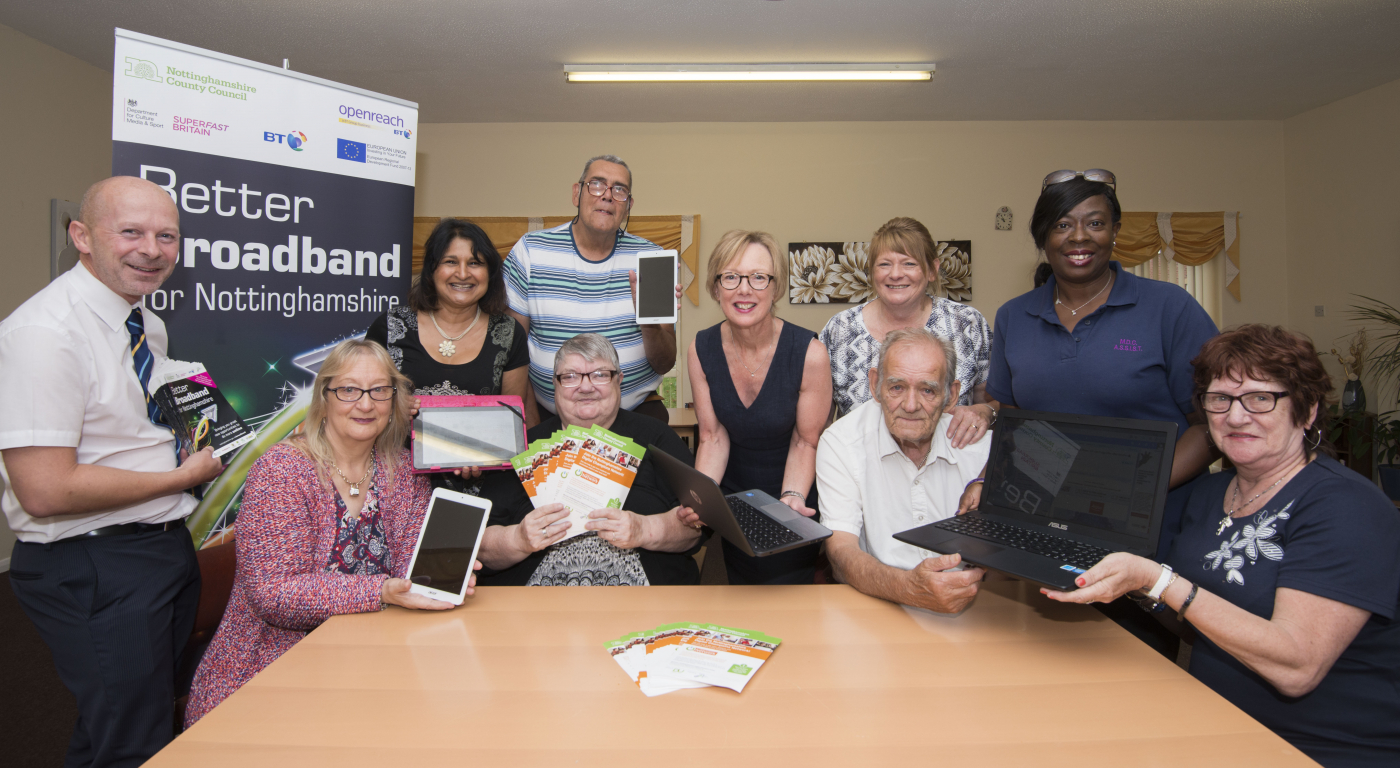More and more organisations are coming together in co-ordinated partnerships to help people with digital support.
support.
It can be a really effective way to get projects going and to everyone's benefit, as different partners bring different resources and perspectives. But co-ordinating a multi-organisation Digital Champion effort can be tricky and getting things going can often feeling like ‘wading through treacle’.
Here are some first-hand learnings from Network Member, Sky Crook, at the Bexley Voluntary Service Council. They co-ordinate the work of a range of different organisations across the borough.
1) Create a foundation
Before you start, decide and define the principles that you want your partnerships to be based on. Bexley has four key principles that influence everything they do:
- Sustainable: develop longevity so that the project isn’t dependent on one funding pot, person, or team.
- Flexible: ensure the Champion support meets the needs of each person, that it reflects an individual need and not how an organisation envisages it to be.
- Accessible: create support that can reach the most number of people it possibly can.
- Expandable: develop a Champion model that can grow and evolve and not be a superficial quick fix.
2) Allow partners to be their best selves.
Decentralisation is key. Don’t tell partners what you need from them. They know their beneficiaries best and they’re trusted by them. Why meddle with that? Help them find Digital Champions that are appropriate to their core services. What is the best fit within an existing offer? What’s already happening that a Champion could be part of?
3) Support partnerships with owning it.
The partner organisation should be responsible for their own Champions. In Bexley, partners do their own recruitment, induction, CRB (DBS) checks and provide ongoing support. And they are wholly responsible for matching learners to the volunteers, in a way that works for them.
4) Co-ordination is essential.
With all the pressures in third sector life, you need a dedicated staff resource with time and energy to keep things moving forwards. As the Co-ordinator of Bexley’s Digital Champions Network, Sky works with each partner organisation on recruiting and managing volunteers, identifying support opportunities and promoting the Network to residents.
5) Think bigger.
When it comes to recruitment and promotion you’ve got to think outside the box. Go beyond the normal pool of volunteers. Many of Bexley’s Champions are retired or have taken early redundancy, are teachers or in IT by profession and are super skilled. Unusually two-thirds of them are men. Think widely about locations. A shiny centre won’t attract an older learner who only leaves the house once a week. Consider weekly church coffee mornings and supermarket cafes. See the little to get the geographic spread around an area.
6) Partner up the partners.
How can partners help other? For example, one organisation has space but no volunteers. Another has volunteers but nowhere to put them. Join them up. Another micro-organisation might not have the right induction processes or templates but a large charity does. How can you draw in other resource, processes, locations and support? In Bexley, lots of their Champions volunteer across more than one organisation.
7) Be patient.
Partnership working can affect progress and speed and it can take between four to six months from a partner thinking about it to actually delivering something. Recognise partners can be overstretched and accept an organisation’s pace and capacity. Some organisations have a funding crisis or a personnel challenge. Build in extra time for these scenarios and wait until they’re ready to come back on board again. Likewise, build in longer for promotion. Whatever time you have in mind, quadruple it!